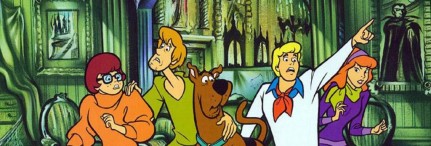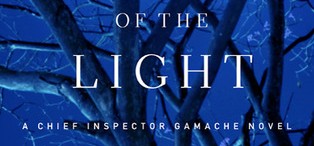 I have done nothing to prepare for writing this post. In fact, I only came up with the idea for it, oh, five seconds ago. I’m just going to let my thoughts flow from my brain to my fingers to my keyboard — hoping it makes a modicum of sense in the end.
I have done nothing to prepare for writing this post. In fact, I only came up with the idea for it, oh, five seconds ago. I’m just going to let my thoughts flow from my brain to my fingers to my keyboard — hoping it makes a modicum of sense in the end.
I am, for better or worse, winging it.
This is something I normally don’t do. I like to know where I’m going at all times, whether it’s driving out of state, navigating an unfamiliar city or even going to a shopping mall. I’m this way about a lot of things. I don’t go to packed restaurants without a reservation. I never show up at a movie theater without having picked a movie first. At amusement parks, I sure as hell know which roller coaster I’m going to ride first.
In short, I need a plan.
The same is true of writing. If I don’t know where my story is headed, I tend to get hopelessly lost. This is especially true when I reach the middle of the book. Beginnings, for me, are easy. I have come up with a plot and now I’m setting it in motion. Endings are a breeze, too, because I’ve known all along whodunit and why. Middles, however, are like wandering a rainforest at night. It’s dark. It’s confusing. There are any number of ravenous creatures ready to jump out and sink their teeth into your posterior.
If you thought I was roaming the metaphorical rainforest at the end of that paragraph, you were right. I was, and the results weren’t pretty. This is why I don’t wing it. Quite the opposite, I plan everything out. Chapter by chapter. Scene by scene. With some description and dialogue to make it easier on myself. The outline for BAD MOON was seven pages long, single spaced. I might have spent more time hammering out the plot in that outline than I did actually writing the book. Seriously.
It’s the only way I work, and I suspect a lot of mystery and thriller writers are the same way. We have research to do, after all, and clues to place and red herrings to let swim around the pages of our books.
Yet there are those who don’t. I remember being shocked by an interview with Louise Penny in which she said her first drafts were a complete mess, with characters and subplots that go nowhere or vital bits of information she forgets to include. At Thrillerfest last year, I listened to a panel of writers discuss the pros and cons of winging it. Some outlined. Others did not. Espionage writer David Liss might have put the best spin on it, saying that he didn’t want to deny himself the pleasure of being surprised by his books.
Clearly, their attempts at winging it work for them. For me, not so much. There might come a day when I write an entire book in the same way I just banged out this post. But I doubt it. I need my outline. After reading this, I suspect you’d agree.
So tell me, fellow scribes, how do you like to write? By the seat of your pants? Or with thorough plotting? As for this post, which was dashed together with no prior thought, how did I do?





